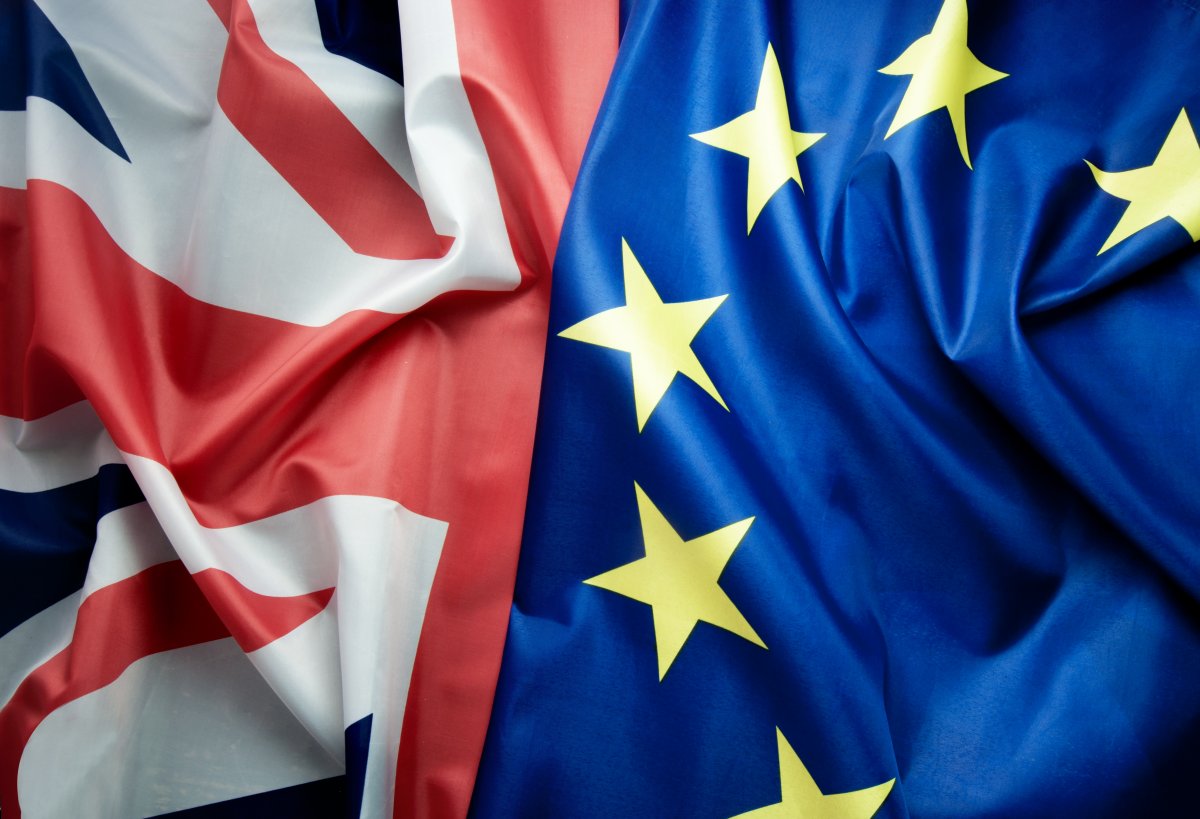The UK government is pressing ahead with a major overhaul of its citizens’ privacy policy. According to the package of measures presented on Thursday, it wants to “use the potential of data to stimulate growth and trade and improve public services.” The goal is a “growth and innovation friendly” data system that ensures reliable and secure data protection standards at the same time.
Great Britain implemented the European Union’s General Data Protection Regulation (GDPR) and the Police and Justice Directive in 2018 into national law. British Digital Secretary Oliver Dowden But stress nowThat the UK wants to free itself from these requirements and raise the “Brexit Dividend”: “This means we have to reform our data laws so that they are based on common sense and not on checkboxes.”
‘Unnecessary’ cookie banners
Specifically, London wants to get rid of “unnecessary” cookie banners. Users still have to agree to setting controversial browser files if there is a significant privacy risk. However, the British government believes that many of these consent requests are pointless. Dowden proposed to John Edwards the new Data Protection Officer position, which he currently still holds in New Zealand.
At the same time, Dowden and his team rely on more free international data streams. In addition to formal adequacy decisions, such as those currently in place with the European Union based on GDPR-like legislation, they want to do more Softer tools Such as building standard contractual clauses, binding company rules, self-regulatory laws, and certification mechanisms.
To this end, an “International Data Transfer Expert Council” will be established with 15 experts from science, business and civil society. This advisory board should help reach agreements on the free flow of data with other countries while ensuring a similar level of data protection. The aim is “to rapidly and innovatively develop global partnerships that make it easier for UK institutions to share data with key markets and rapidly growing economies”.
Data protection as an obstacle to trade
The British are looking at the United States, Australia, South Korea, Singapore, Dubai and Colombia. It also gives high priority to deals with India, Brazil, Kenya and Indonesia. The government estimates that “global trade of up to £11 billion is lost due to barriers to data transmission”. They want to collect this treasure now. International data transfers are essential for everyday activities such as GPS navigation, video calls with family and friends, online banking, application use, and retail and corporate back office services.
The current adequacy decisions on data flows between the EU and Great Britain, which are in effect for four years, are already shaky. The European Data Protection Board (EDPB) is one of the hot spots, such as mass surveillance being practiced in the UK. An EU Commission spokesperson has now indicated that the agreement can be suspended, terminated or amended at any time, and immediately if there is an urgent need. British Prime Minister Boris Johnson has repeatedly emphasized that with Brexit, his government wanted to follow a “separate and independent” line from the EU in terms of data protection.
(vbr)

Communicator. Reader. Hipster-friendly introvert. General zombie specialist. Tv trailblazer

